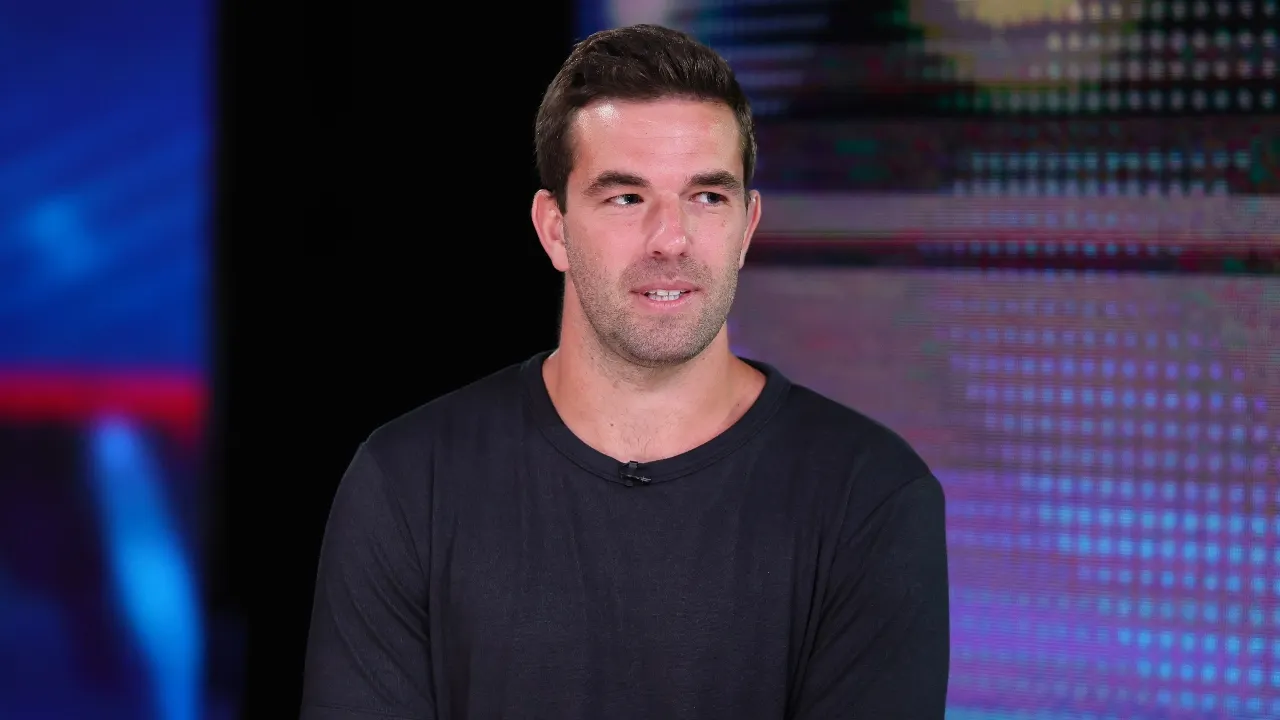Fyre Festival’s Infamous Fraudster Charts a Controversial New Path
Billy McFarland, the disgraced organizer behind the catastrophic 2017 Fyre Festival, is attempting an improbable career pivot that has reignited debates about second chances. The 32-year-old entrepreneur, who served four years in federal prison for fraud, recently announced a new venture in event planning—a move critics call tone-deaf but supporters view as redemption. McFarland revealed his plans during a September 2023 podcast appearance, framing his comeback as “applying hard lessons to create legitimate experiences.”
From Luxury Scam to Federal Prison
The Fyre Festival promised a luxury music experience on a Bahamian island but delivered chaos—moldy sandwiches, FEMA tents, and stranded attendees. Court documents show McFarland defrauded investors of $26 million while spending extravagantly on marketing. A 2019 Vanity Fair investigation revealed he continued running scams from prison before receiving additional sanctions.
“This wasn’t just failure—it was systemic deception,” says Dr. Ellen Pierce, white-collar crime researcher at Columbia University. “The psychology of repeat offenders suggests we should scrutinize claims of reform.” Federal data supports her caution: The Bureau of Justice Statistics found 43% of fraud offenders recidivate within five years.
The New Venture: Phoenix Rising or Déjà Vu?
McFarland’s startup, PYRT (Pronounced “Party”), markets itself as an “exclusive event platform” leveraging blockchain for ticket security. Early promotional materials emphasize “transparency” and “attendee-first design”—phrases that strike many as ironic given his history.
- Investor Backing: $500,000 seed round from undisclosed sources
- Technology Claims: NFT-based tickets with anti-scalping protocols
- First Event: A 2024 “proof of concept” concert in Miami
Yet skepticism abounds. “The event industry runs on trust,” notes veteran promoter Maria Torres. “When someone burns that trust so spectacularly, they shouldn’t expect warm welcomes.” Consumer surveys reinforce this: 78% of millennials polled by Eventbrite said they wouldn’t attend a McFarland-produced event regardless of safeguards.
The Redemption Debate: Societal Forgiveness vs. Accountability
McFarland joins a growing list of controversial figures attempting rebrands, from Elizabeth Holmes to Martin Shkreli. Psychologists identify this as the “redemption industrial complex”—where notoriety itself becomes currency. “We’re seeing the monetization of infamy,” observes cultural analyst Derek Thompson. “The question is whether society should participate in these second acts.”
Supporters argue the justice system’s purpose is rehabilitation. “He served his time,” contends criminal justice reform advocate Jamal Williams. “Continuing to punish someone after prison defeats the system’s purpose.” Others counter that some crimes permanently alter trust dynamics. “Fraud isn’t a victimless crime,” reminds SEC whistleblower Linda Garcia. “Thousands lost money while he partied.”
Legal and Industry Hurdles Ahead
McFarland faces practical barriers beyond public perception:
- Restitution: Still owes $26 million to victims
- Probation Terms: Restricted from controlling large budgets until 2027
- Vendor Reluctance: Major ticket platforms reportedly refusing partnerships
His probation officer confirmed to Reuters that McFarland sought approval for PYRT, but details remain confidential. Legal experts note any violation could return him to prison given his history of probation breaches.
What This Means for the Events Industry
The saga raises existential questions for live entertainment:
- Should the industry develop “reputation scores” for promoters?
- Can blockchain truly prevent another Fyre-like disaster?
- How much oversight should platforms exercise over event organizers?
Meanwhile, McFarland’s notoriety may ironically aid his venture. PYRT’s website traffic spiked 300% after news broke, demonstrating the “trainwreck appeal” phenomenon identified in marketing studies. Whether this translates to sustainable business remains uncertain.
Looking Ahead: Scrutiny or Success?
As PYRT’s Miami test event approaches, all eyes will be on execution. Will McFarland deliver a flawless experience to silence critics, or will history repeat? Industry watchers suggest middle ground—perhaps competent events but lingering doubts about scalability given his restrictions.
For consumers, the decision involves moral calculus: separating art from artist, service from supplier. As one Fyre Festival victim posted anonymously: “I believe in rehabilitation, but I also believe in voting with my wallet.” This tension—between forgiveness and self-protection—may define McFarland’s controversial second act.
What’s your threshold for giving disgraced entrepreneurs a second chance? Share your perspective with @BusinessEthicsForum using #FraudAndRedemption.
See more CNET Live

